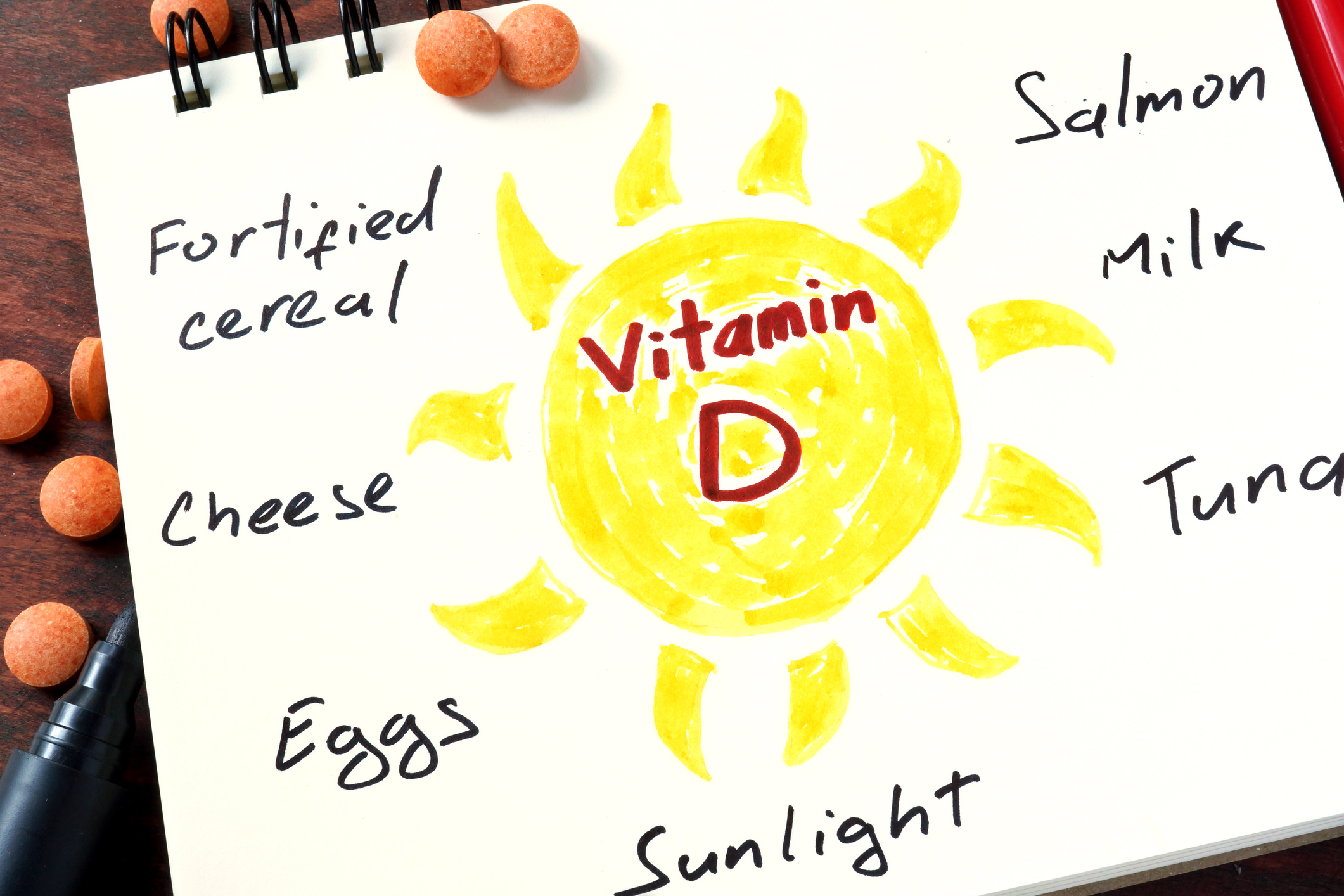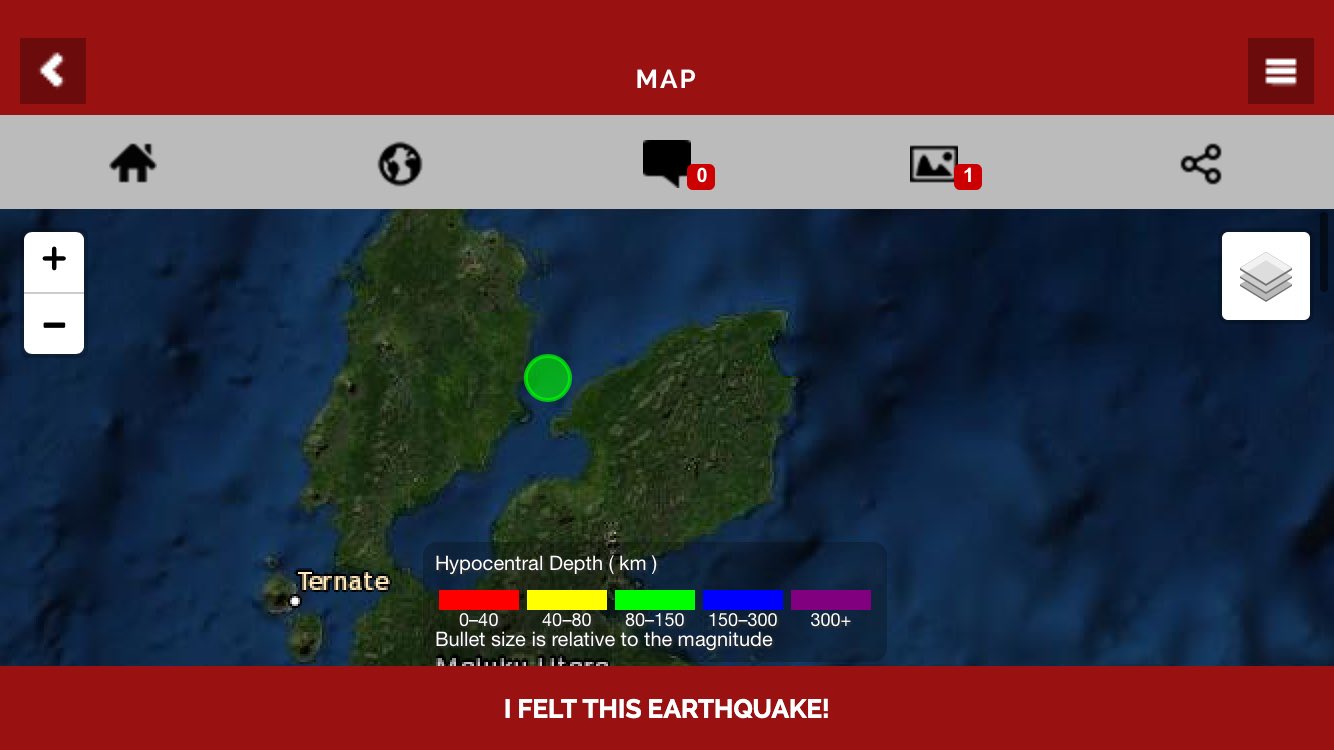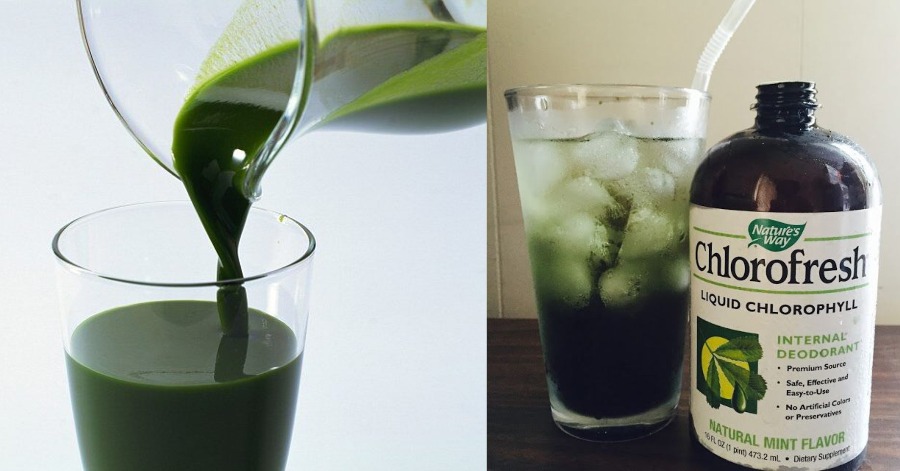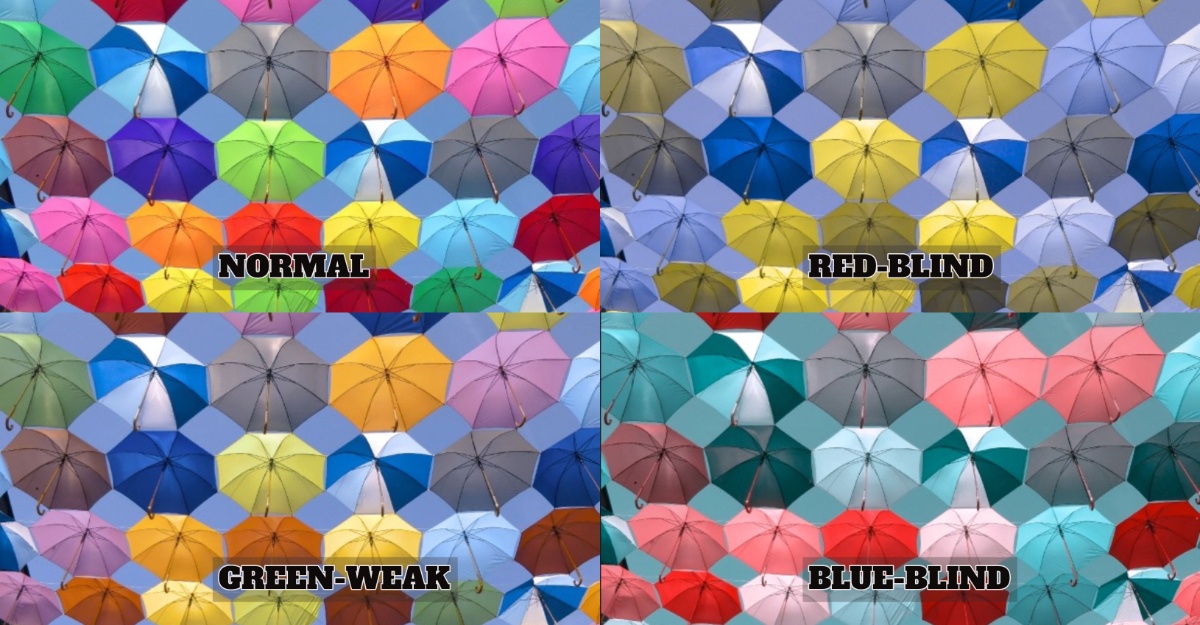Why do I need vitamin D and how do I get it?
Vitamin Dhelps your body absorbcalcium. Calcium is one of the main building blocks of bone. Vitamin D also has a role in your nervous, muscle, and immune systems.
You can get vitamin D in three ways: through your skin, from your diet, and from supplements. Your body forms vitamin D naturally after exposure to sunlight. But too muchsun exposure can lead to skin aging and skin cancer, so many people try to get their vitamin D from other sources.
What causes vitamin D deficiency?
1. Mood swing
Experts aren’t sure if a lack of it leads to depression or if it’s the other way around. But studies show a link between the two. Research is ongoing to see if raising your vitamin D levels can help with symptoms and boost your mood.
2. Hair loss
Hair loss can be a sign that your body is deficient in vitamin D which is used to maintain health, and prevent thinning hair.
3. Muscle pain
People who experience vitamin D deficiency in the blood report tend to experience pain or pain in the bone. In addition, under certain conditions, they also complain of excessive fatigue and easy drowsiness.
You can get Vitamin D from food and vitamin D supplements. But vitamin D from the sun is much better.
How can I get more vitamin D?
There are a few foods that naturally have some vitamin D:
- Fatty fish such as salmon, tuna, and mackerel
- Beef liver
- Cheese
- Mushrooms
- Egg yolks
You can also get vitamin D from fortified foods. You can check the food labels to find out whether a food has vitamin D. Foods that often have added vitamin D include
- Milk
- Breakfast cereals
- Orange juice
- Other dairy products, such as yogurt
- Soy drinks
Vitamin D is in many multivitamins. There are also vitamin D supplements, both in pills and a liquid for babies.
If you have vitamin D deficiency, the treatment is with supplements. Check with your health care provider about how much you need to take, how often you need to take it, and how long you need to take it.
Sources: Medline, Indozone.com









Leave a Comment